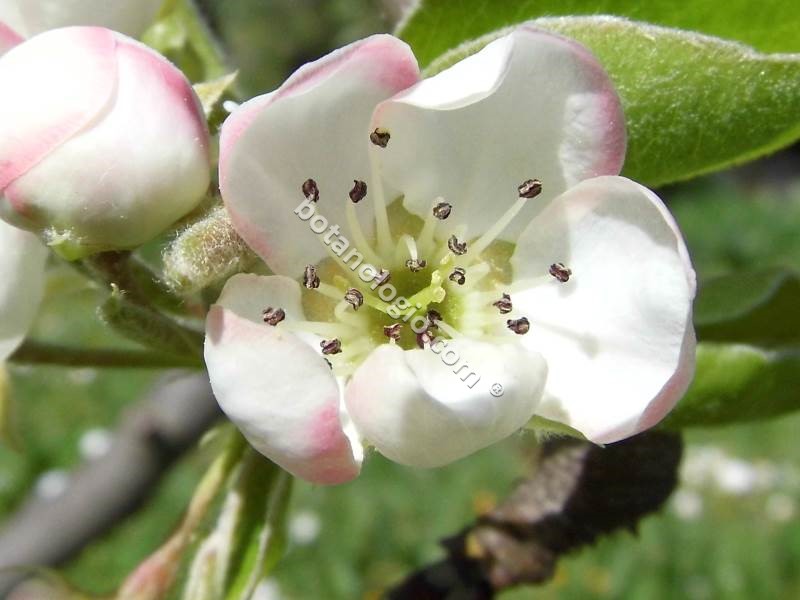Meet kombucha an energy drink with valuable probiotics

Kombucha is a sweet and sour fizzy drink, which is made from tea and is the new trend in superfoods! It is the result of fermentation of a yeast in a solution of water with black tea (or green) and sugar, while it has been consumed in China for 2,000 years and in the course of time its consumption has expanded to neighboring Russia and Japan. Its consumption became known in the Western world around 1900.
It is considered a powerful energy drink for the immune system, offering probiotics valuable for the healthy functioning of the body.
Nutrients
Kombucha contains lactic acid bacteria, which can act as probiotics as well as a healthy dose of vitamins B1, B2, B6, B12. Vitamin C stimulates the body, while organic acids, such as lactic acid, glucuronic acid, acetic acid, butyric acid, regulate the function of the digestive system, inhibit the growth of pathogenic microorganisms, have detoxifying properties and protect intestinal walls.
Health benefits
Of course, several more studies are needed to officially prove the healing properties and health benefits of the kombucha. As with a large portion of herbs and spices. Their use in traditional pharmacology gives us the following results:
The high content of probiotics, contribute significantly to the proper functioning of the digestive system. Consumption of kombucha improves digestion, helps maintain a healthy weight, while helping significantly in the treatment of diarrhea, and in relieving irritable bowel syndrome.
It helps to detoxify our body and liver while strengthening our immune system. It contains polyphenols and powerful antioxidants, since kombucha is a fermentation product of a yeast with black or even green tea. As a result, in addition to the energy it offers, it is a natural shield against the creation of cancer cells, while giving extra energy to our body.
Many of the beneficial effects of kombucha are similar to those of other fermented foods, such as yogurt and kefir.
Some early-stage studies have shown that consumption is associated with lower cholesterol, blood sugar levels, improved liver function, and lower blood pressure.
Making kombucha at home?
Always provided you have previous experience in preparing food that needs fermentation and a well-sterilized and clean preparation environment you can make your own kombucha. You will need to prepare a SCOBY (symbiotic culture of bacteria and yeast), pure kombucha fungus, water, sugar, tea and a sterile jar. In addition of course you will need some tools from your kitchen such as a funnel, fine strainer or coffee filter, sterile bowl and clean towel. The process is easy but demanding from the creation of the fungus until the second fermentation.
The fungus you will find must be clean and from a certified store that you trust. When you decide to make your own kombucha, you have to be very careful as if not all the ingredients and utensils are clean, or the storage is not suitable until the fermentation is completed, together with the good bacteria, can grow harmful or even mold. If you decide to make your own, use only glass and stainless steel utensils, proper sterilization and clean hands.
Consumption for an adult should not exceed 150ml per day, while you can divide them into three portions of 50 ml. According to others, the consumption can reach half a liter per day.
Possible side effects – precautions
We never exceed the recommended dosages. It is the first and foremost rule. Overconsumption can cause nausea, diarrhea and headache to ketoacidosis. We should also always try a small amount first to rule out allergies. Women during pregnancy, young children, people suffering from kidney or liver disease, people with weakened immune systems and alcohol dependence, should not consume kombucha.
Finally, it is wise if you choose a ready-made kombucha, choose a brand that you trust and stick to it. If the smell seems unusually strange, do not consume.
Note: through fermentation, some of the acids are produced by the release of ethanol, which means that kombucha contains low levels of alcohol, from 0.5 to 3%.
kombucha, kombucha health benefits, kombucha nutritional value





